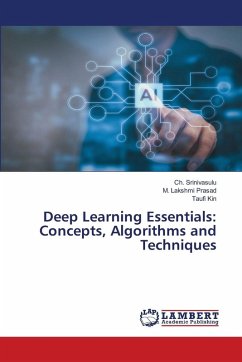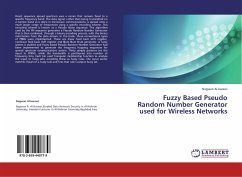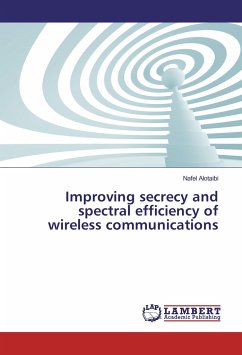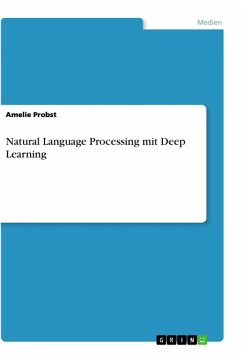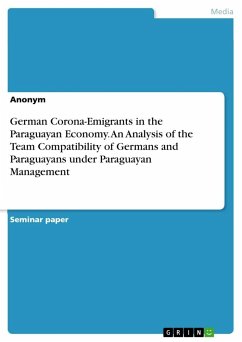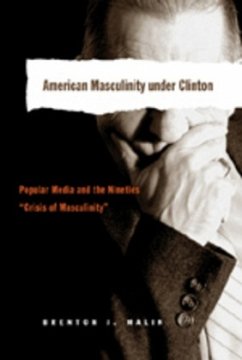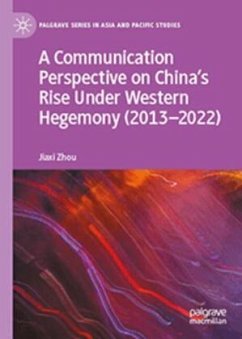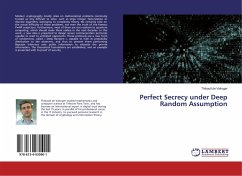
Perfect Secrecy under Deep Random Assumption
Versandkostenfrei!
Versandfertig in 6-10 Tagen
15,99 €
inkl. MwSt.

PAYBACK Punkte
8 °P sammeln!
Modern cryptography mostly relies on mathematical problems commonly trusted as very difficult to solve, such as large integer factorization or discrete logarithm, belonging to complexity theory. No certainty exist on the actual difficulty of those problems, not even the truth of the famous P NP conjecture. Furthermore, most of them are not resistant to quantum computing, which should make them useless in the next decades. In this work, a new idea is presented to design secure communication protocols capable to resist to unlimited opponents. Those protocols use a new form of randomness, called ...
Modern cryptography mostly relies on mathematical problems commonly trusted as very difficult to solve, such as large integer factorization or discrete logarithm, belonging to complexity theory. No certainty exist on the actual difficulty of those problems, not even the truth of the famous P NP conjecture. Furthermore, most of them are not resistant to quantum computing, which should make them useless in the next decades. In this work, a new idea is presented to design secure communication protocols capable to resist to unlimited opponents. Those protocols use a new form of randomness, called " Deep Random ", capable to hide its probability distribution to the observers, and thus to prevent them performing Bayesian inference over public information to estimate the private information. The theoretical foundations are established, and an example is presented with its proof of security.



